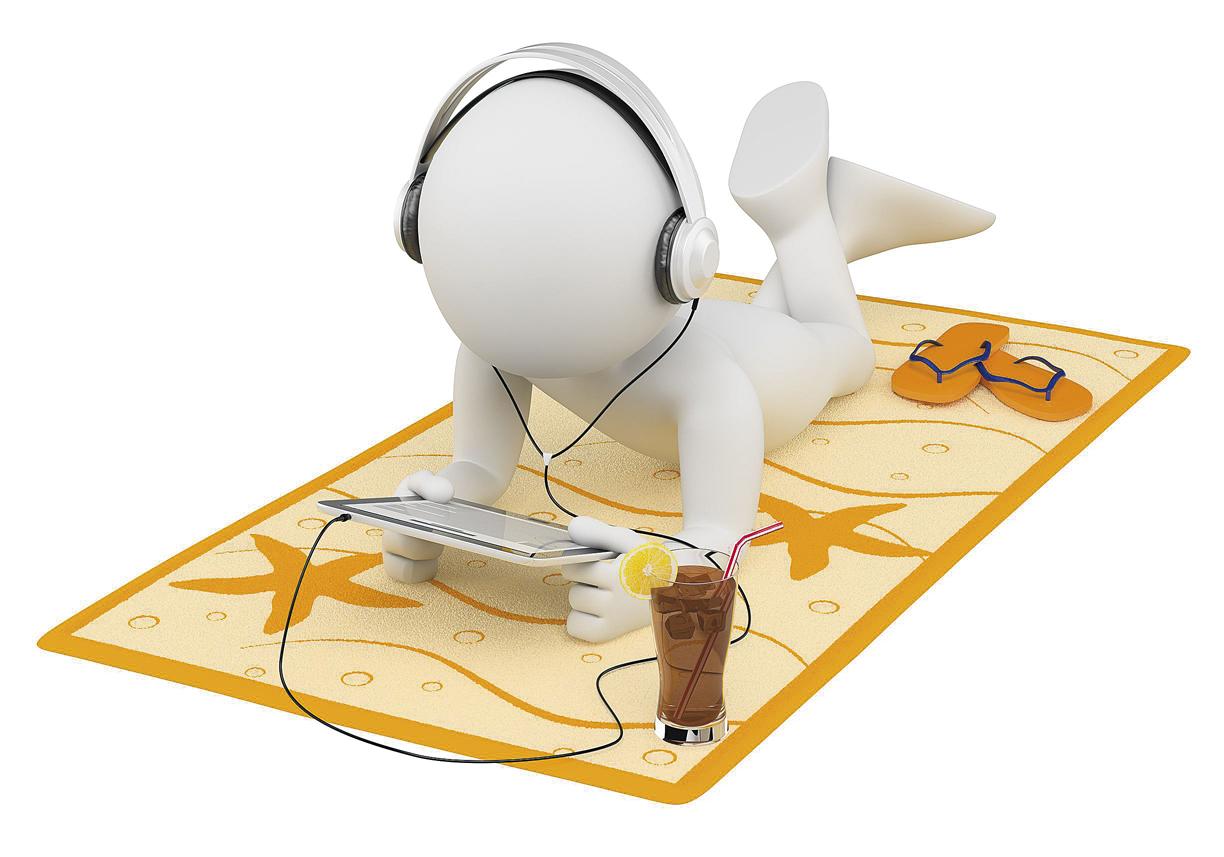Contents of digitization
2012/11/01 Leturia Azkarate, Igor - Informatikaria eta ikertzaileaElhuyar Hizkuntza eta Teknologia Iturria: Elhuyar aldizkaria

The change that has meant digitization has happened to us almost unnoticed, because it has been little by little, but in the last twenty years the way to buy, save and consume contents has changed radically. Before we had our documents, photos, audios and videos on paper or tapes, but today we created and saved them digitized. And music, films and books are increasingly bought and consumed in digital format.
Digital content has many advantages, no doubt. In a device that barely occupies space and that weighs very little enters a lot (in a portable hard disk you can carry all our content), you can consume online directly, it is not going degrading with use or time, making copies without loss of quality is very simple... But not everything is so nice.
Restrictions on the rights of contents acquired
At the beginning of September many media outlets gave the news: Bruce Willis was thinking of suing the company Apple, since for years he could not inherit to his three daughters the music collection acquired in iTunes. And when you purchase Apple content, the license clearly says it is for the exclusive consumption of the person who buys it. In the end the news was false, but the underlying problem is real.
It is not just Apple who does this kind of practices. Practically all companies and websites that allow to buy and consume digital content online do: Publishers selling Amazon and e-books, websites to watch movies and series... When we buy a song, a book or a movie, we download the file to our device, but it is usually with protection against DRM or copies, it only works on that device (or in the few that we have checked are ours) and we cannot leave it.
In the new digital scenario, large companies want to impose their conditions, but the rights restrictions are unacceptable. With paper books or audio or video tapes we are free to leave friends, sell them, rent them in a library... But with digital content, we do not buy or acquire property and rights; like software usage licenses, what they give us is a personal license to listen, see or read. The picture is very worrying (see in this regard the writings in September 2009 and March 2010).
There are those who say that this concern will not make sense in the near future. And it is that more and more successful services that allow to consume music and movies online with the flat rate, and surely they will be created similar for books in short. In these cases, with subscription we can consume unlimited contents of a very wide catalogue. So, if we have everything we want at hand, what does it matter if the content is ours or not?
Well, I don't know if that's going to be the future model, but I at least see great disadvantages: access to content only we have while maintaining the subscription, we are limited to its prices and catalogs, to consume those content you have to have connection, the rate pays each person, you can't share the content with your friends (if they aren't subscribed to it)... Will all members of a family pay flat rates on Amazon, Spotify, some web for series and a music service in Basque? With all the wrong things that private property may have, I prefer ownership and control of cultural content by ourselves and not by large companies (my opinion and my stance on this subject was wider in the number of March last year).
Obsolescence of formats and supports
Another big problem of digitization was explained by the author of Cosima Dannoritzer Buy, throw, buy in the number of June. We are convinced that things are kept in digital format and in electronic support forever, and that is not so, because those supports and formats are obsolete.
As for the supports, the documents you have saved on the floppy disks may not be recovered if you do not have a floppy disk reader, and in the future it can happen the same with the objects that you have saved on CD or DVD or, why not, with external hard drives or pendrives if the USB connection disappears. For this to not happen, every time we see that a support is obsolete and another new one is gaining strength, the solution is to pass all the content we have to the new support, but it is not easy to realize it and can also bring a lot of work.
With the formats, the issue can be even worse. It has happened to all of us that the documents are written in a version of a word processor, and that years later the most recent versions of this word processor are not able to understand it, right? So imagine if that happens to us with our photos, music, videos and books, because the format (AVI, EPUB...) or the compression codec (MP3, DivX, JPEG...) is obsolete in the future and the software is not able to open them. In this case, it may be easier to find a solution in the world of free software. In it is very rooted the culture that things are not obsolete: the operating system and the programs do not have excessive hardware requirements and, to be able to function properly in old machines, try to keep the conjugation backwards and a software capable of handling the formats to the maximum. I have seen a free office software capable of opening older versions of a proprietary format than the office packages of the creator of that proprietary format! With free software, we can sometimes open obsolete formats and convert them to new ones, but it can also be a huge task.
It will be necessary to obtain that the digitization does not imply restriction of rights, and it will have to correct the way of not losing contents by the obsolescence of supports and formats (promoting the superiority of the standard formats with the empathy back, for example). If not, for this trip we did not need this type of saddlebags...

Gai honi buruzko eduki gehiago
Elhuyarrek garatutako teknologia




